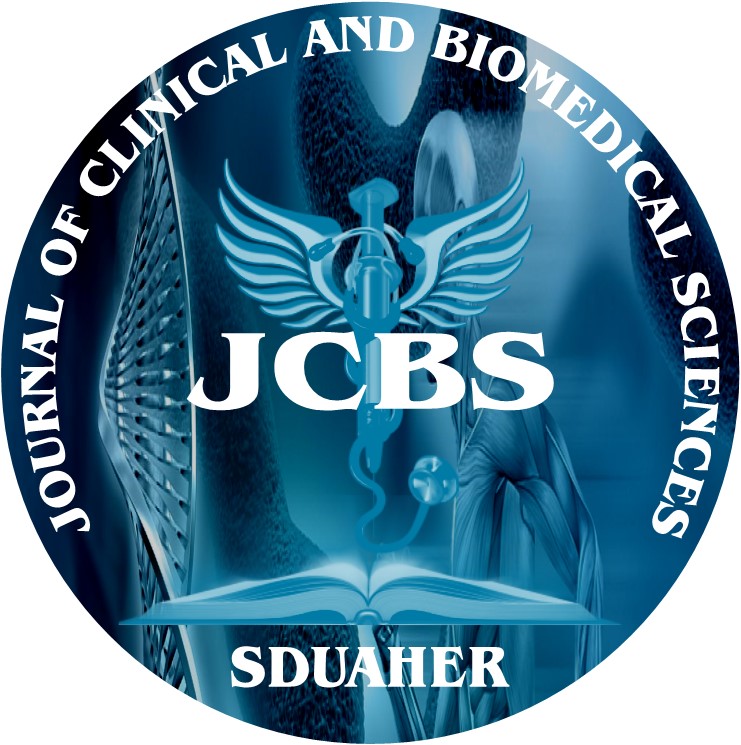


Journal of Clinical and Biomedical Sciences
Year: 2021, Volume: 11, Issue: 4, Pages: 140-142
Review Article
Harish R1*, Rajkumar MG2, Shashidhar K N3
1. Associate Professor, Department of Biochemistry, Sri Devaraj Urs Medical College, Sri Devaraj Urs Academy of Higher Education and Research, Tamaka, Kolar.
2. Assistant Professor, Department of Forensic Medicine & Toxicology, Sri Devaraj Urs Medical College, Sri Devaraj Urs Academy of Higher Education and Research, Tamaka, Kolar.
3. Professor & Head, Department of Biochemistry, Sri Devaraj Urs Medical College, Sri Devaraj Urs Academy of Higher Education and Research, Tamaka, Kolar.
*Corresponding Author
E-mail: [email protected]
Mobile No : 9845955050
One of the foremost methods of committing suicide in India is aluminium phosphide (AlP) poisoning. AlP toxicity is induced by the discharge of phosphine gas, which induces cell hypoxia and circulatory failure because of suppression of oxidative phosphorylation. There is no specific antidote for AlP toxicity and treatment is mostly supportive. Although it is a common suicidal agent, the documented numbers are small due to the lack of patients who eventually reach tertiary care, due to the extreme toxicity of AlP.
Subscribe now for latest articles and news.